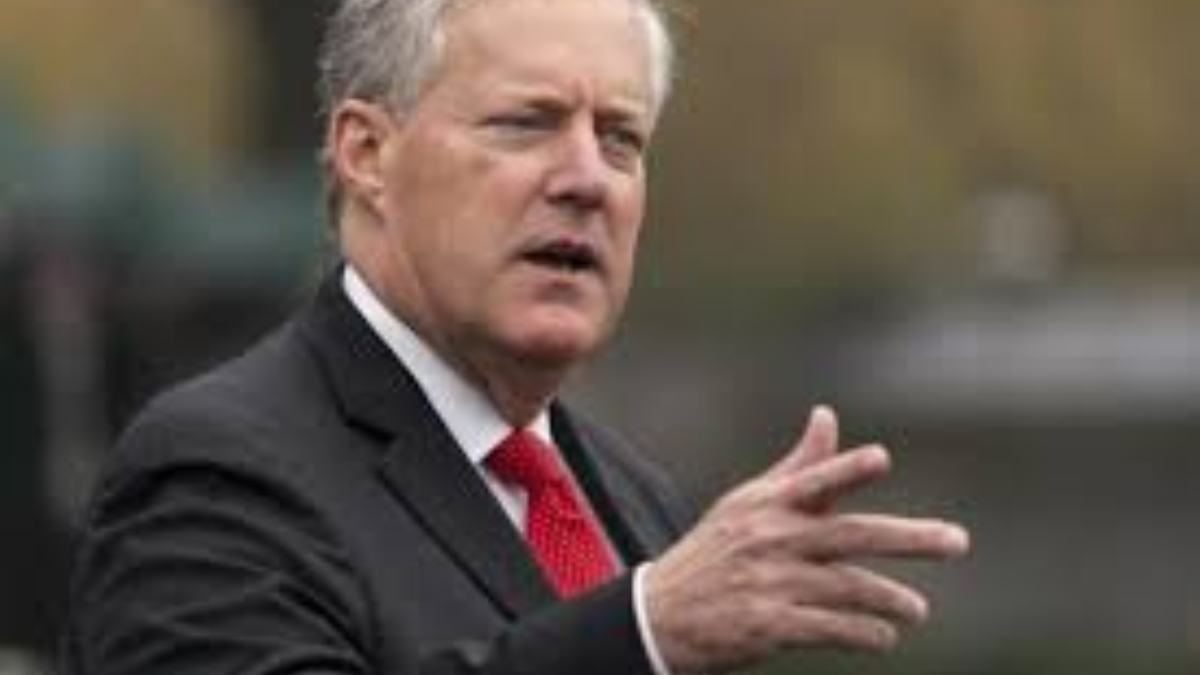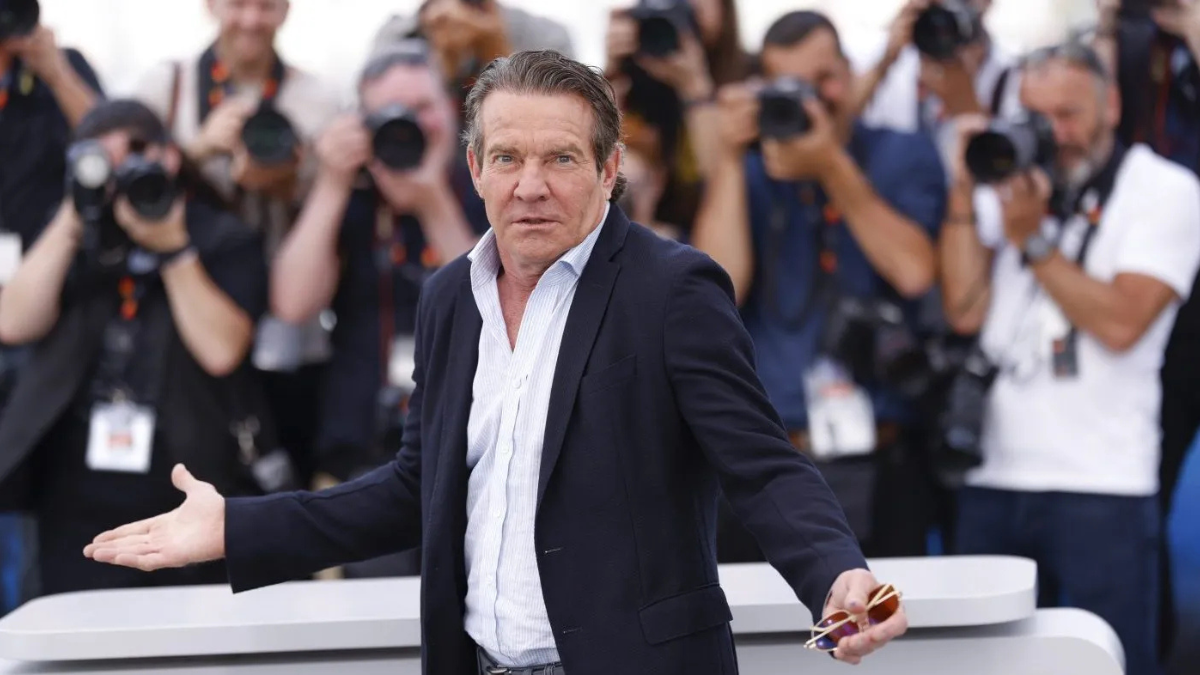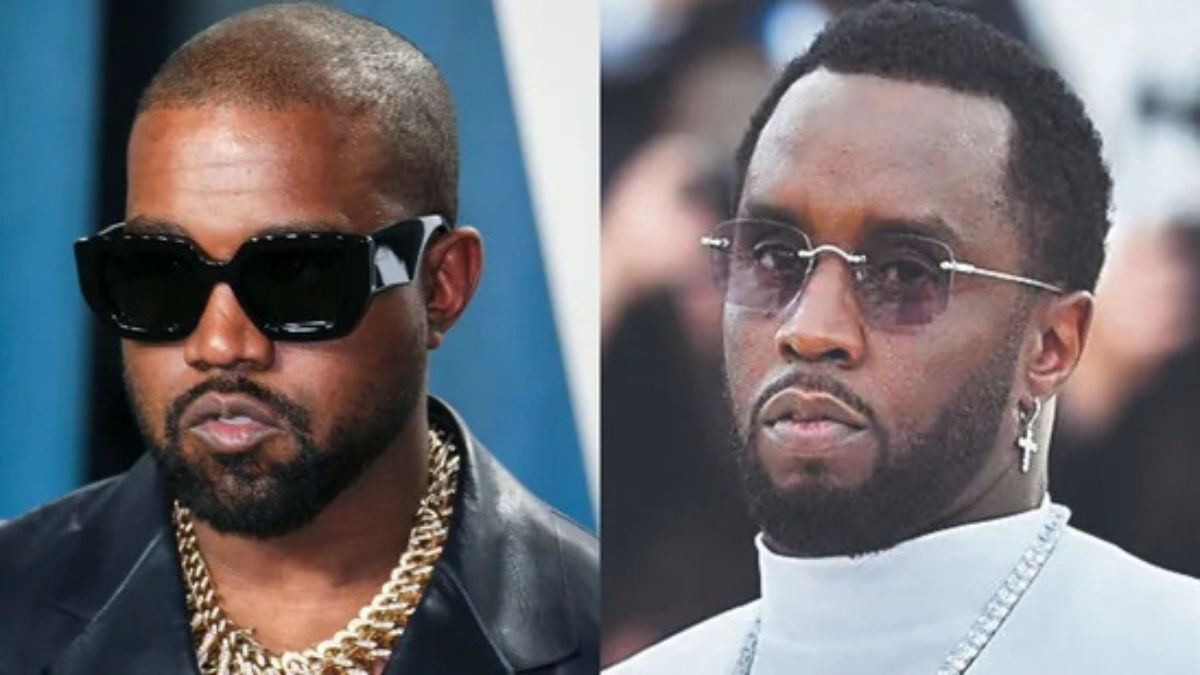

Mark Meadows, the former White House chief of staff under Donald Trump, has failed in his effort to shift his 2020 election-related legal case from Arizona state court to federal court. A U.S. District judge rejected Meadows’ attempt, citing his failure to meet a critical filing deadline.
On Monday, U.S. District Judge John Tuchi ruled against Meadows, stating that he “failed to show good cause” for missing the deadline, thus leaving the case in Arizona state court. This ruling is a significant setback for Meadows, who has been attempting to have his charges moved to federal court, where dismissal of the charges might be more likely.
Background of the Case
Meadows, who served as Trump’s chief of staff from March 31, 2020, until the end of the Trump administration on January 20, 2021, is facing charges related to his alleged involvement in efforts to overturn the results of the 2020 presidential election. Specifically, Meadows is accused of working with Trump campaign operatives to submit a slate of fake electors in Arizona, in an attempt to falsely declare Donald Trump as the winner, despite the state’s narrow victory for Joe Biden.
Meadows is one of 18 people charged in April 2023 in connection with the Arizona election subversion case. Among those charged is Trump’s former attorney Rudy Giuliani, who also faces trial in connection to the scheme.
MORE MUST-READS FROM liveupdatechannel
Missed Deadline and the Federal Court Bid
Meadows had argued that his role as a federal official entitled him to have his case moved to federal court. His legal team claimed that because he was serving as a federal official at the time, he should not be subject to a state-level trial. However, Judge Tuchi’s 15-page ruling dismissed this argument, emphasizing that Meadows had not shown a valid reason for missing the filing deadline.
In his ruling, Judge Tuchi wrote, “Although the court credited Mr. Meadows’ theory that the Chief of Staff is responsible for acting as the president’s gatekeeper, that conclusion does not create a causal nexus between Mr. Meadows’ official authority and the charged conduct.”
Meadows’ Legal Struggles Across States
This isn’t the first time Meadows has encountered legal setbacks in his attempts to move his election-related cases to federal court. In February, a judge in Georgia similarly denied Meadows’ request to move a separate election interference case from state to federal court. Meadows has pleaded not guilty to the charges in both Arizona and Georgia.
Meadows’ legal team has argued that the charges stem from his duties as Trump’s chief of staff, which involved facilitating communication between the president and various officials. However, Judge Tuchi was clear that Meadows’ alleged conduct went beyond merely carrying out his official responsibilities. “Contrary to Mr. Meadow’s assertions, the state has not indicted Mr. Meadows for merely facilitating communication to and from the president,” Tuchi noted. “Instead, the state has indicted Mr. Meadows for allegedly orchestrating and participating in an illegal electioneering scheme.”
The Road Ahead
With his case now set to remain in Arizona state court, Meadows is scheduled to face trial on October 31, 2024. The trial will center on his alleged role in submitting fake electors and other activities aimed at overturning the 2020 election results. His co-defendant, Rudy Giuliani, who also pleaded not guilty, has a trial scheduled for the same month in Maricopa County.
Meadows’ ongoing legal battles highlight the significant legal challenges facing several Trump administration officials involved in efforts to reverse the 2020 election results. By keeping the case at the state level, the prosecution will likely move forward in Arizona without the potential federal court protections that Meadows had hoped to secure.
Implications of the Ruling
For Meadows, the decision to keep the case in state court could mean a tougher legal path ahead. Federal courts are often perceived to offer more favorable conditions for defendants in politically charged cases, including different rules for discovery and procedural protections that may make it easier to challenge certain charges.
Judge Tuchi’s ruling, however, suggests that Meadows’ conduct—if proven—was not protected by his federal duties. Instead, the state has accused Meadows of playing a central role in a broader illegal effort to subvert the democratic process.
Note: As legal proceedings continue, the outcome of Meadows’ trial will undoubtedly draw significant attention, particularly as it intersects with the wider efforts to hold officials accountable for attempts to alter the 2020 election results.






